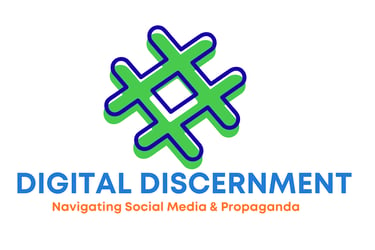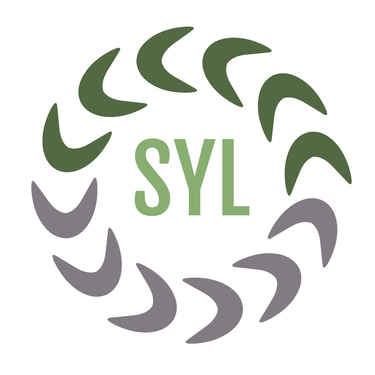Digital Disinformation
Digital Discernment: Navigating Social Media and Propaganda


Digital Disinformation
"Digital Discernment: Navigating Social Media and Propaganda" project addresses the urgent issue of misinformation and propaganda on social media, which significantly impacts young people's ability to responsibly engage in the digital sphere. The spread of misinformation and propaganda not only undermines critical thinking and decision-making but also hinders civic engagement. This challenge is particularly relevant in the project's target countries: Jordan, Greece, Turkey, Tunisia, and Italy. Recognizing the vulnerability of youth to digital misinformation, the project aims to empower them with critical digital literacy skills. By equipping young individuals with the tools to critically evaluate and responsibly navigate digital content, the initiative supports the broader objective of promoting informed civic participation and fostering responsible digital citizenship. The increasing centrality of information and communication technology in young people's lives underscores the project's relevance, as they heavily rely on online information for their worldview, often lacking adequate guidance to navigate the risks of digital misinformation. The project underscores the vital role of educational institutions in providing these essential skills, given the limitations parents may face in keeping pace with their children's online activities.


Objectives
Objective 1: Enhance Critical Media Literacy Skills Among Youth
Objective 2: Promote Inclusivity in Digital Education
Objective 3: Facilitate Cross-Cultural Understanding and Collaboration
Objective 4: Strengthen Institutional Capacity for Media Literacy Education
Expected Results
Regular virtual and in-person coordination meetings
Strategic Meetings with Stakeholders
Participation in the desk research
Surveys: 500 respondents.
Creation of 10 tutorial videos on media literacy topics
Creation of 10 Infographics
Creation of 20 interactive quizzes
Online forum with 150 participants.
Conducting local workshops with 125 participants.
Organising 5 mentorship sessions with 70 participants
Training Mobility in Greece
Training Mobility in Tunisia
Training Mobility in Jordan
Tech Summit
Dissemination Conference
Get in Touch with us for Digital Disinformation Project
We are excited to hear from you about our project. Please reach out with any questions or feedback you may have.
